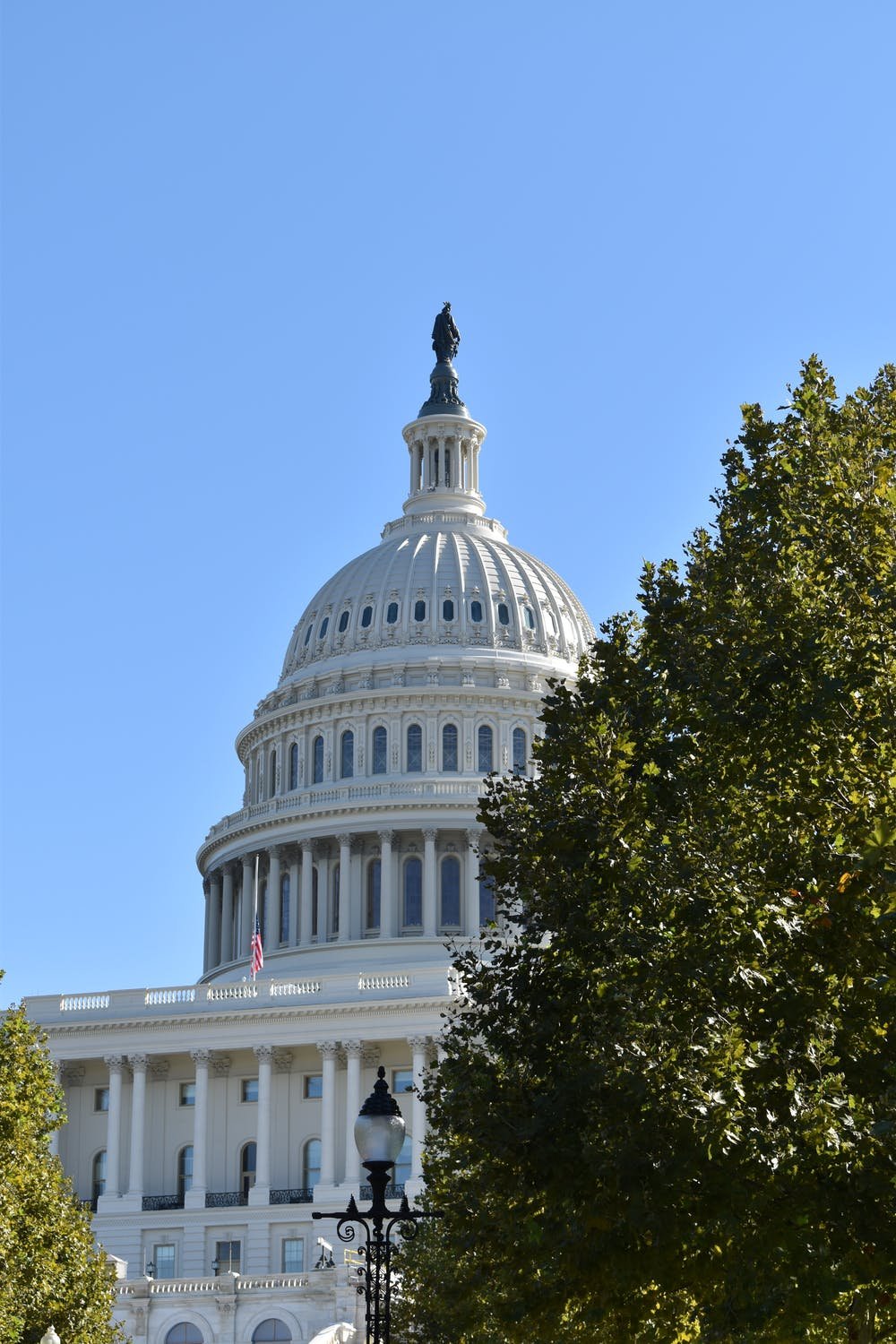House passes historic $1.2 trillion infrastructure bill
The House passed President Biden’s signature bipartisan infrastructure bill in a 228-206 vote following months of setbacks. Photo by Jackie Friedlander on Pexels.com
House lawmakers shortly before midnight on November 5 passed a roughly $1.2 trillion bipartisan bill to improve the nation’s infrastructure, delivering a major legislative win for President Biden after months of setbacks.
In a 228-to-206 vote, the House approved a central component of Biden’s economic agenda that will deliver $550 billion of federal investments over five years to strengthen infrastructure and alleviate issues. The bill, known as the INVEST in America Act, makes historic investments in roads, bridges, broadband internet, drinking water, rail and public transit, and represents the largest federal investment in American infrastructure projects in over a decade.
“Tonight, we took a monumental step forward as a nation,” Biden said in a statement after the vote. “Generations from now, people will look back and know this is when America won the economic competition for the 21st century.”
The package passed largely along party lines, with only 13 House Republicans supporting the measure alongside all but six progressive Democrats, who voted against the infrastructure legislation because of a lack of movement on their larger social welfare and climate agenda. The infrastructure bill passed the Senate in August with strong bipartisan support, but has been delayed in recent weeks amid Democratic debate over the separate social spending package, known as the Build Back Better Bill.
In a statement following the successful passage of the bill, House Speaker Nancy Pelosi (D-Calif.) said, “This landmark legislation will create millions of good-paying American jobs and make a lasting difference in our communities. While our crumbling infrastructure has long held us back, these monumental investments will ensure America can outcompete any nation on earth for decades to come.”
The major elements of the infrastructure bill include $110 billion for building and repairing roads and bridges; $66 billion to upgrade passenger and freight rail; $65 billion to increase access to reliable high-speed internet; $65 billion to update power grids; $55 billion to replace lead service pipes and expand access to clean drinking water; $50 billion for weatherization, drought, heat and flood protection and other climate resiliency efforts; $42 billion to modernize ports and airports; $39 billion to improve and modernize public transit; and $25 billion to improve airport runways, gates and terminals.
"We did something that's long overdue, that has long been talked about in Washington, but never actually been done," Biden said on November 6 following the bill’s passage, while noting that he would sign the bill into law during the coming week.
The bill advances some of Biden’s environmental priorities as many of the measure’s investments aim to promote green energy and remedy some of the nation’s most significant sources of pollution. The package seeks to better prepare the country to face global warming while also making investments to lessen its impact and slow further environmental damage. The bill’s many measures to move the nation towards renewable energy and tackle the climate crisis make it the largest investment in clean energy transmission and electric vehicle infrastructure in history.
The majority of jobs that will be created by the package will not require a college degree, according to Biden. "This is a blue collar blueprint to rebuild America, and it's long overdue," Biden said during his November 6 speech.
Some Democratic lawmakers criticized the party for failing to pass the landmark legislation ahead of the gubernatorial election in Virginia, where Democrats ultimately were dealt a major loss. Sen. Tim Kaine (D-Va.), told reporters after the election that Democrats "blew the timing" by not passing the bill sooner which would have given them a significant victory to campaign on. Some legislators are now hopeful that the passage of this bill will give them much-needed momentum ahead of next year/s midterms.
“Being able to say that we delivered on our promises is critical,” said Rep. Tom Malinowski (D-N.J.). “And being able to show that Democrats are capable of governing even as Republicans are hostile to government. That allows us to go into next year with a clear message.”
